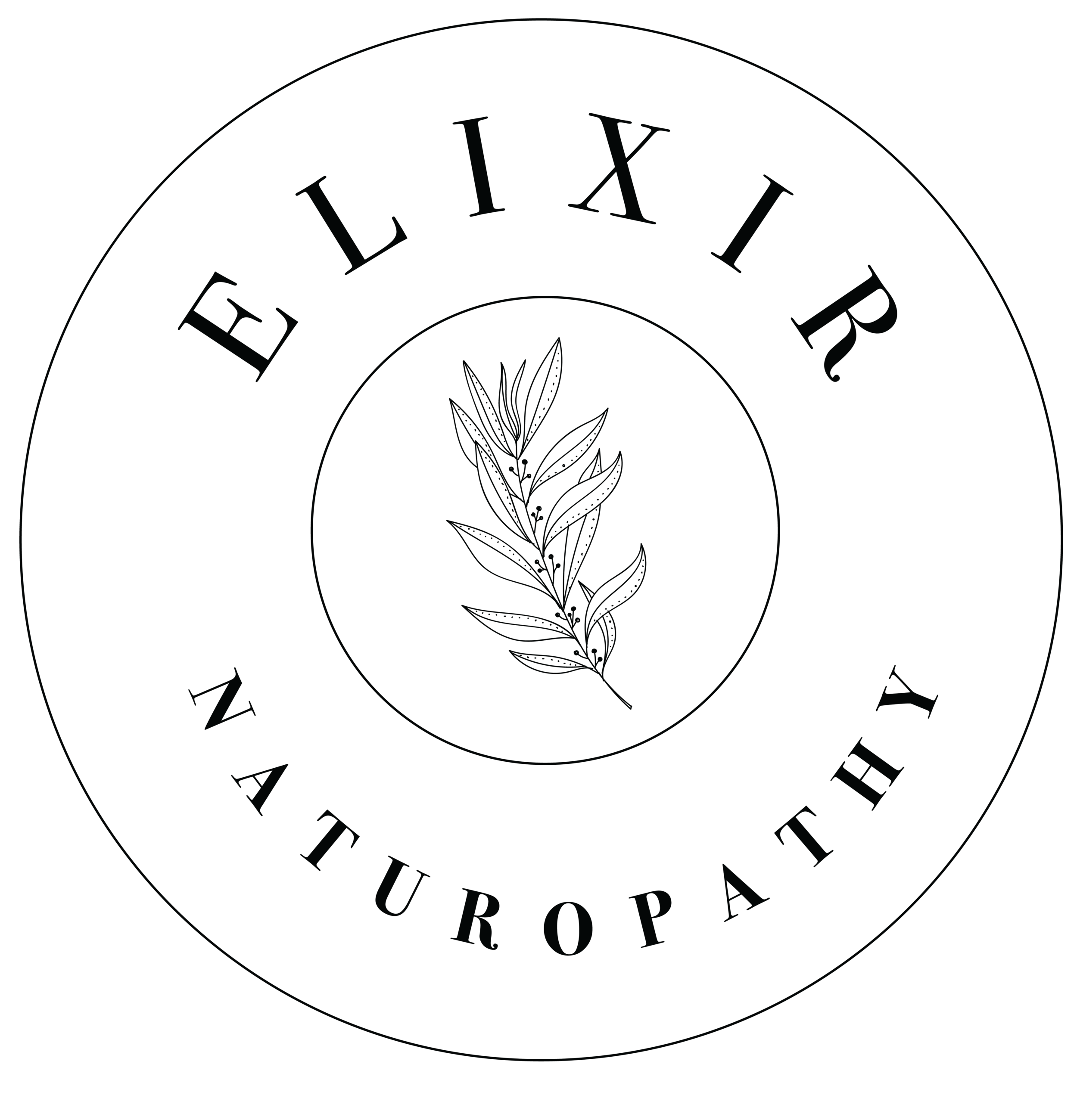We’re all trying our best to live clean, green lives. It’s one thing that we know is beneficial for our overall health. Only, these days the world we live in makes it harder to escape them. Environmental toxin exposure is concerning; from the food we eat and the water we drink to the products we clean our bodies and homes with. More often than not they’re laden with high doses of toxins that have devastating effects on our health in the long-run.
Read MoreAs a naturopath, I see a lot of women and their partners looking for a quick and easy way to enhance and better their chances for fertility. Unfortunately, the bad news is there’s no ‘quick fix’. But the good news? There are a number of ways to increase your chances of falling pregnant.
It’s important to understand that every single aspect of the body is connected, and oftentimes in the most unexpected of ways. From our diets and the stress we feel at work, to the environment we live our day to day lives in, every part of our lifestyle has a fundamental effect on our wellbeing.
But with so much confusing or conflicting information in the health industry today, how can you be sure you’re doing the right thing, especially when it comes to preparing your body for pregnancy?
Let me show you five ways you can enhance your fertility and overall wellbeing by making a few simple changes to your diet and lifestyle:
March is Endometriosis awareness month. A month to shine a light on this debilitating disease which affects 1 in 10 womens and with an estimates 176 million cases world wide.
Endometriosis is a chronic disease in which endometrial like tissue, usually found lining the uterus (endometrium), grows outside the uterus. While this abnormal growth is often found surrounding the ovaries and fallopian tubes or within the peritoneal (abdominal) cavity, in some advanced cases it has also been found in the lungs and brain.
Read MorePremenstrual syndrome (PMS) is a common health condition experienced by up to 75% of women of reproductive age. PMS is a group of symptoms, both physical and emotional, experienced by a woman in the two weeks leading up to menstruation, also known as the luteal phase. With symptoms usually subsiding shortly after menstruation begins.
In some cases PMS can develop into premenstrual dysphoric disorder (PMDD). PMDD is a more severe form of PMS, effecting about 3-6 % of women. PMDD be so debilitating that it impacts one's quality of life. Women who have had major depression are more at risk than others to experience PMDD.
Read MoreIt’s the beginning of the year and as we all settling back into work and life the pressures and stress can begin to creep up again.
Female reproductive health is an area I work a lot with in clinic and a very common theme with many of my clients is the impact stress has on the female reproductive system.
Before we get into how stress impacts sex hormones I really want to get to the core of what stress is and how it can present itself.
Stress is defined as “a state in which homeostasis is threatened or perceived to be threatened.”
Read MoreThe essential trace mineral, selenium, is of crucial importance to human health. It is a necessary component of several major metabolic pathways including thyroid hormone metabolism, antioxidant defense and immune regulation.
While the body requires selenium, it does not produce this mineral, therefore selenium must be obtained through the diet or supplementation.
Read More





